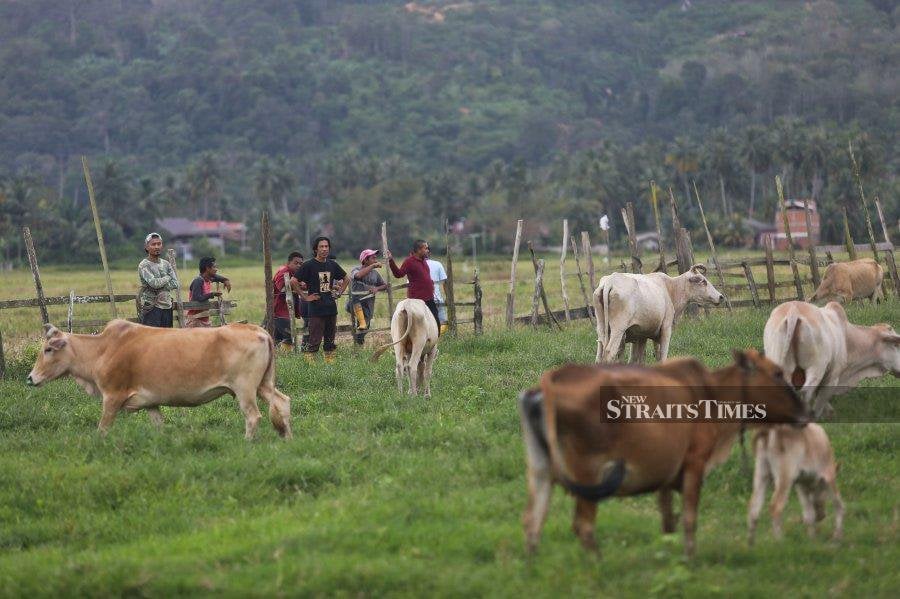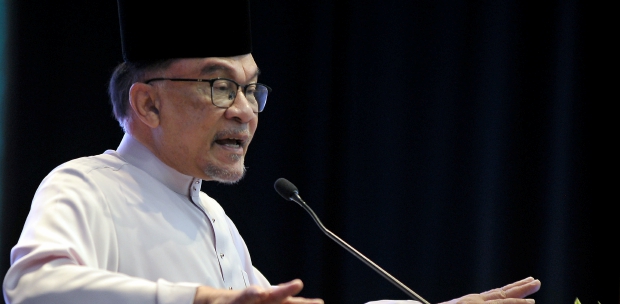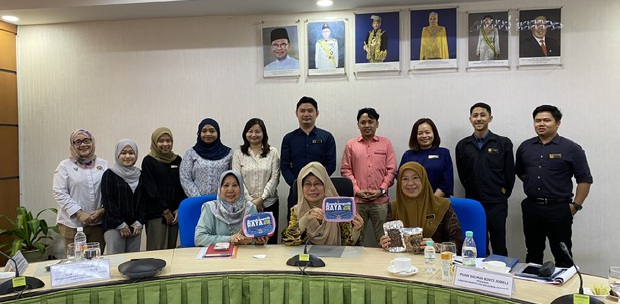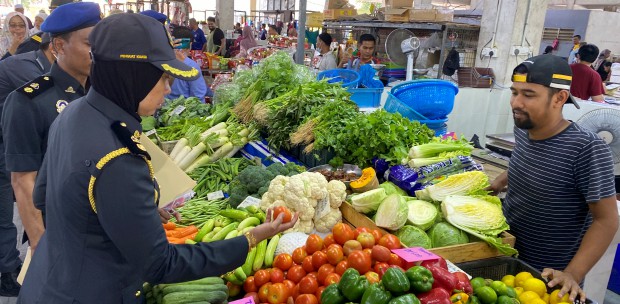KUALA LUMPUR: The price of cattle for the annual Hari Raya Haji 'korban' (sacrificial act) this year is expected to increase significantly beyond RM5,000 compared to about RM4,200 previously.
Malaysian Ruminant Transformation Generation Club (GTR) chairman Nordin Mat said the price hike is due to various factors such as the increase in costs to raise cattle, including slaughter charges.
He said the price increase was inevitable because the pricing trend had been going up the last 10 years, and the prices of livestock had increased by about 10 per cent each year.
However, he said, a higher increase of up to 20 per cent was recorded last year due to the Covid-19 pandemic.
"Prices will indeed increase, as it will usually go up by 10 per cent annually. This is the trend for the last 10 years.
"But this year, I think it'll go up to 30 or even 40 per cent. The price will increase the most this year since supplies are getting more expensive and business operating costs are also high.
"It's hard to find cows sold below RM5,000 except maybe in the village. We used to be able to purchase these cows for RM4,200. But these days I believe everyone sells them for RM4,800 and above. If you include the slaughtering fees, the charges will be more than RM5,000," he told Berita Harian, today.
Nordin said most of the cows could be imported from Thailand for Hari Raya Haji this year, where he expected possible demands for the livestock to be uncertain due to its high price.
He is worried the people would perform the korban (in fulfilling religious obligations), through packages offered by certain parties abroad, which are much cheaper.
"There might be fewer people performing the korban here in the country when the prices of livestock are expensive. Especially when many parties abroad promote cheaper packages.
"This will cause the people to perform their rituals overseas, which is not good for our local industry as most of the public would opt to pay for a cheaper price in foreign countries such as African countries and Myanmar.
"It will affect our industry. Our farmers are increasingly affected every day, together with the abolishment of approved permits (AP) for Malaysians to import food from abroad… it will kill our local industry," he said.





